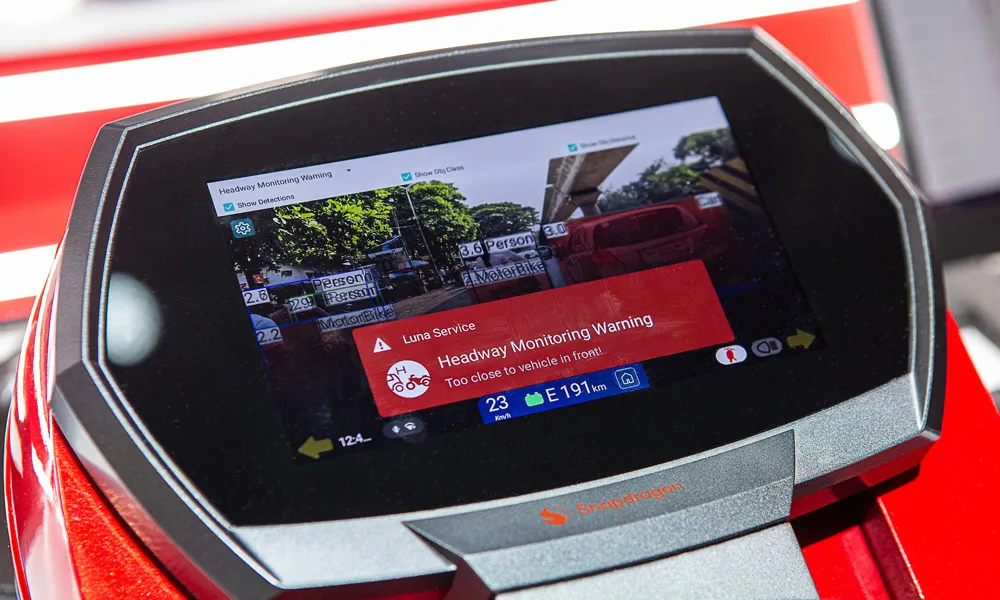Called Passport Platform, the solution was developed to help clients manage their curbside assets and create an environment which can handle and encourage new modes of transportation.
Bob Youakim, Passport CEO, says the device helps municipalities connect their mobility data, extract insights about the utilisation of public space, and provide an interface to make and communicate operational changes in real-time.
Stephen Goldsmith, director of the data smart city solutions project at Harvard's Kennedy School of Government, believes city officials will be continuously challenged to manage issues presented by services such as Uber and Bird.
“Cities need their own dynamic platform in order to respond to these new services which will help officials assemble information, seamlessly integrate new technology quickly and manage everything in real-time on their own terms,” Goldsmith adds.
According to Passport, 'micro-mobility services' such as dockless scooters and bikes cause unforeseen issues as they compete for pavement and curbside space.
The solution’s framework makes it easier for cities and mobility providers to collaborate and come up with mutually beneficial, usage-based pricing, Youakim concludes.
Passport to invest $5m in updating mobility platform
Passport is to spend $5m in upgrading its mobility platform to help cities manage parking, dockless scooter and bike services and rideshare services. The company says the solution will allow cities to connect technologies introduced in the future such as autonomous vehicles.
Called Passport Platform, the solution was developed to help clients manage their curbside assets and create an environment which can handle and encourage new modes of transportation.
Bob Youakim, Passport CEO, says the device h
September 24, 2018
Read time: 2 mins
Passport is to spend $5m in upgrading its mobility platform to help cities manage parking, dockless scooter and bike services and rideshare services. The company says the solution will allow cities to connect technologies introduced in the future such as autonomous vehicles.









